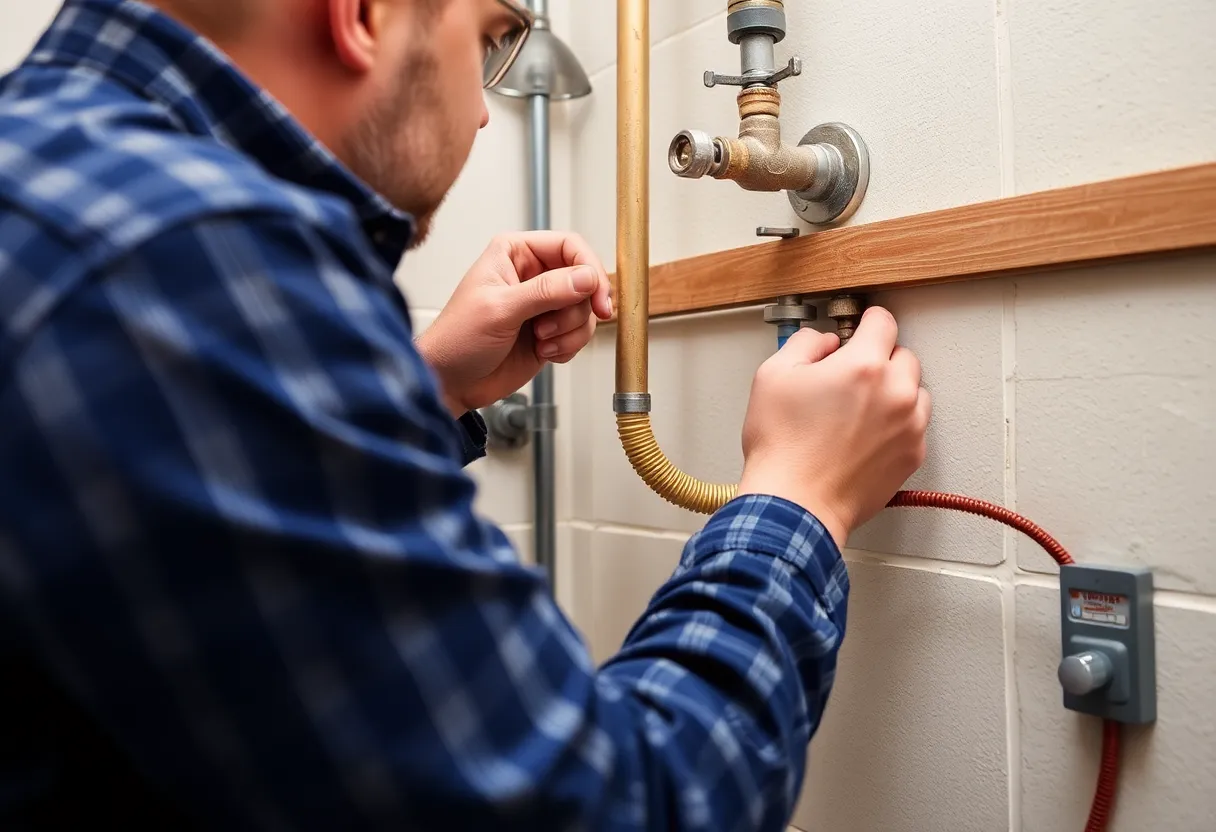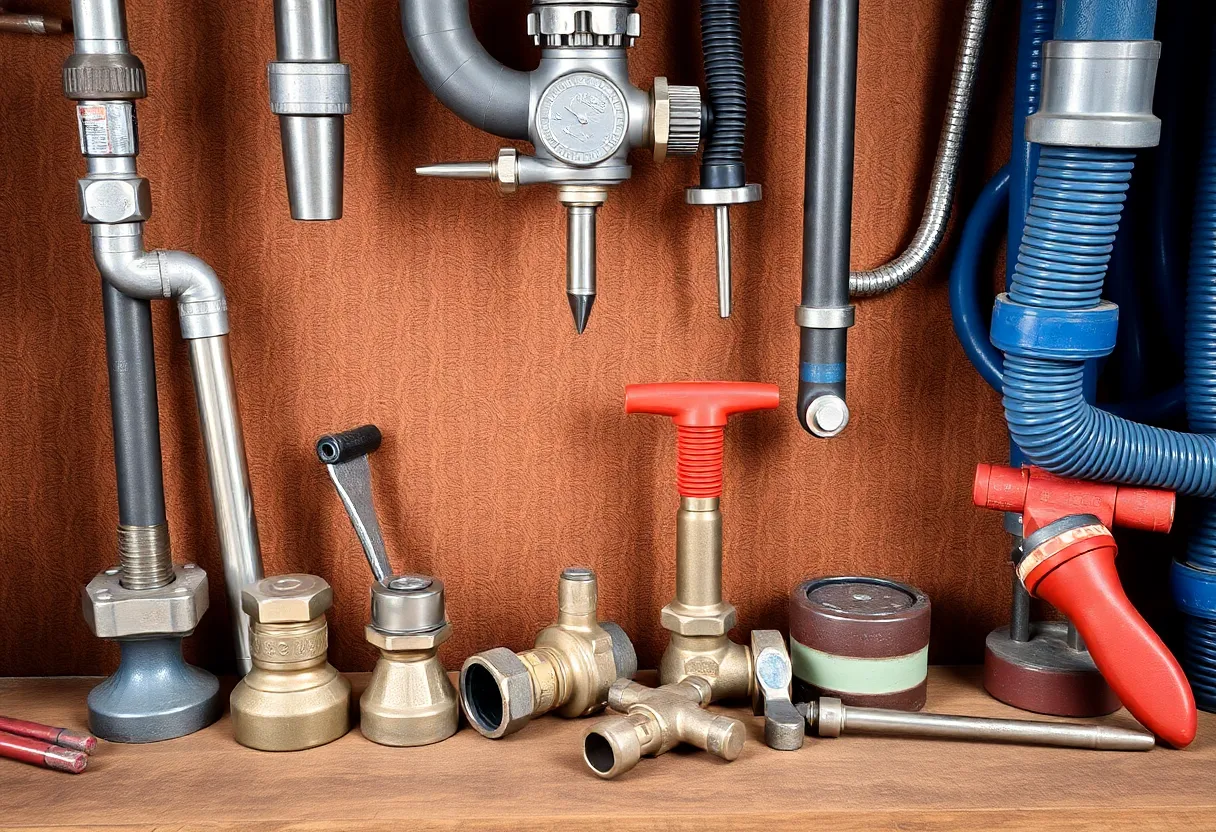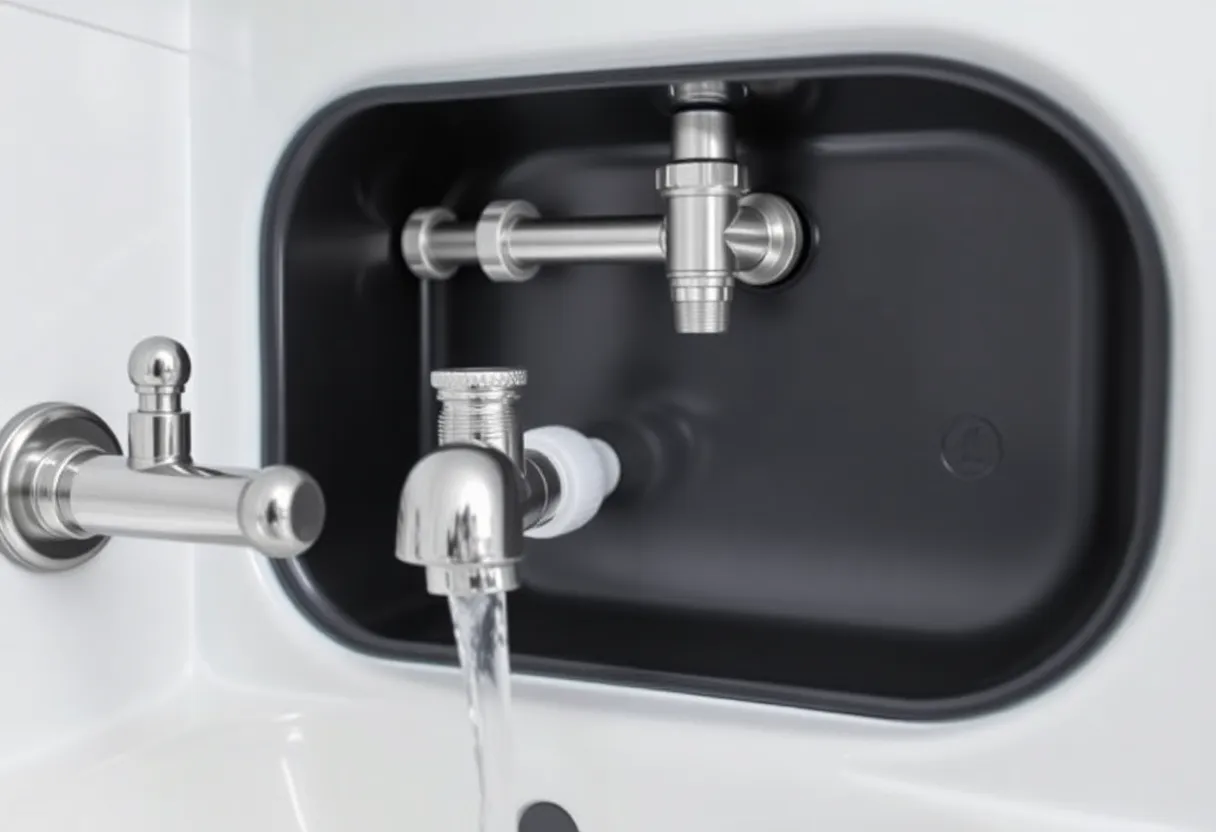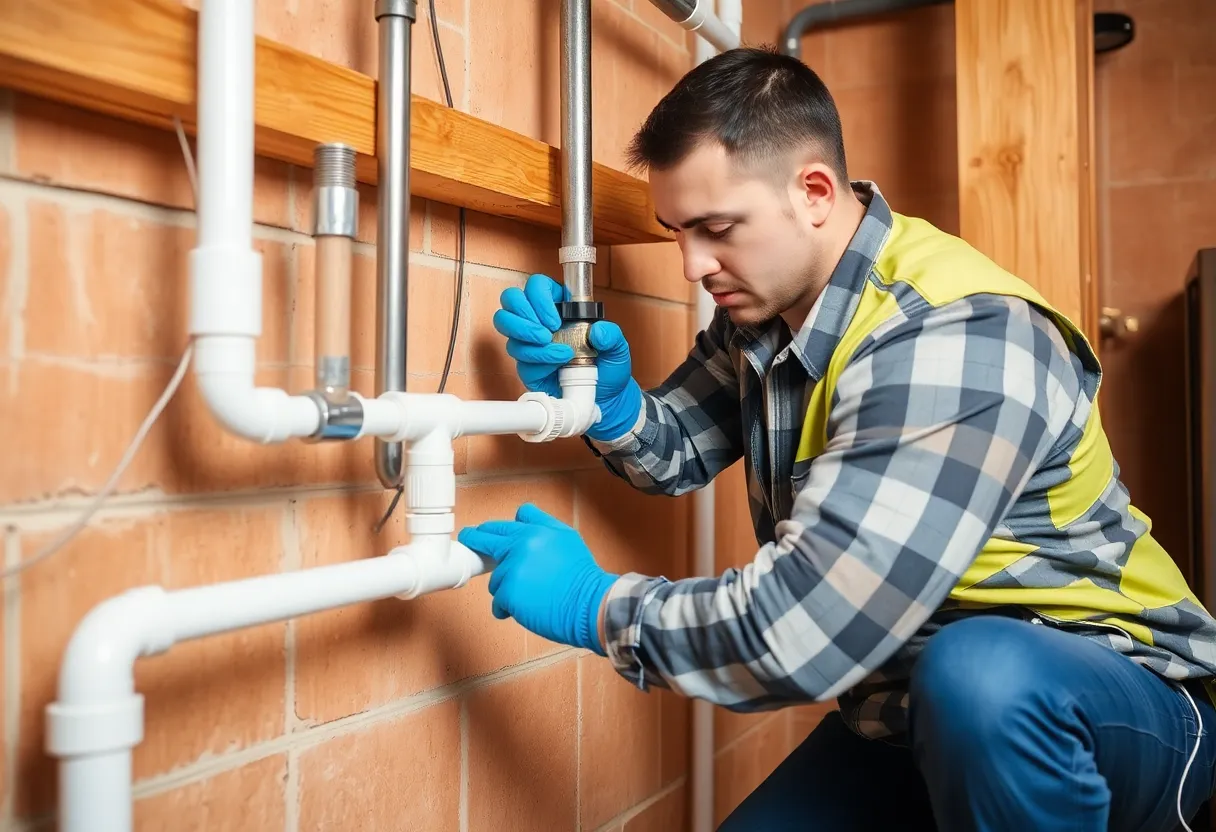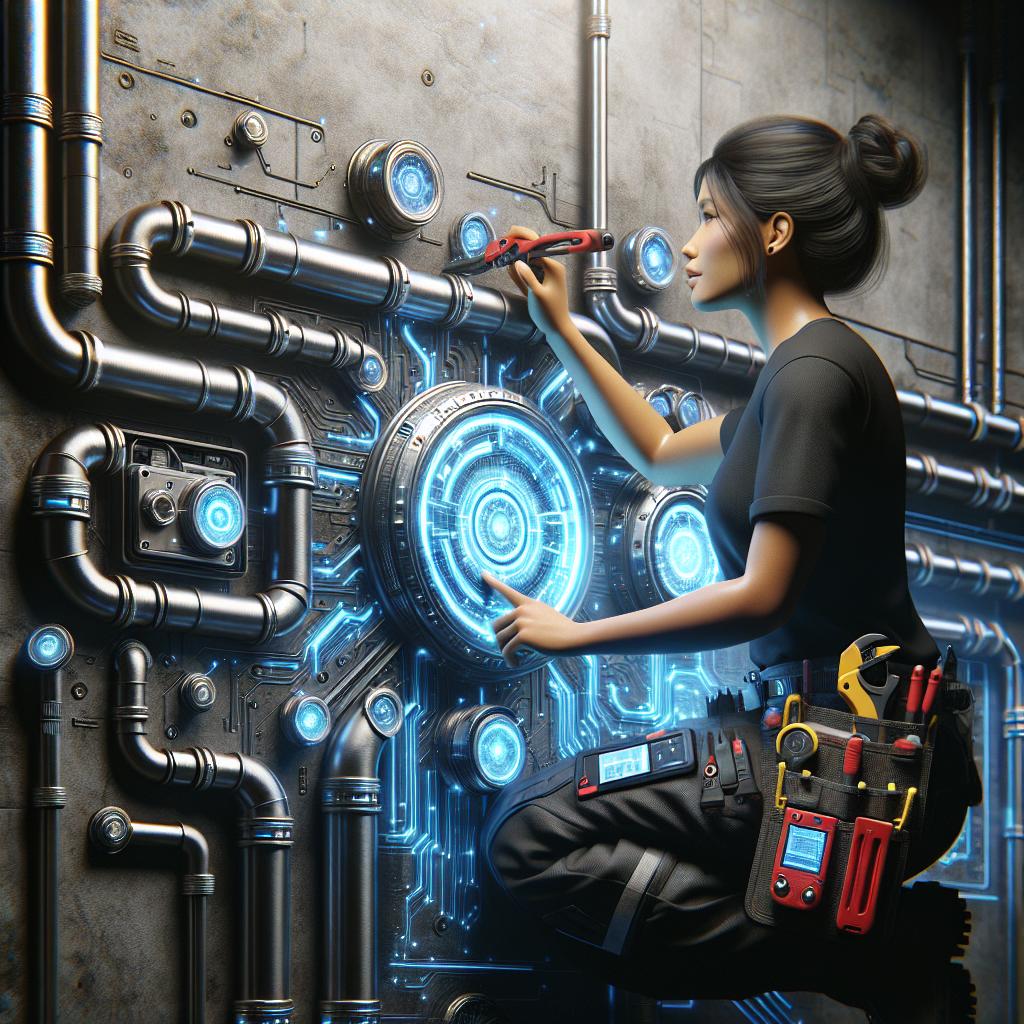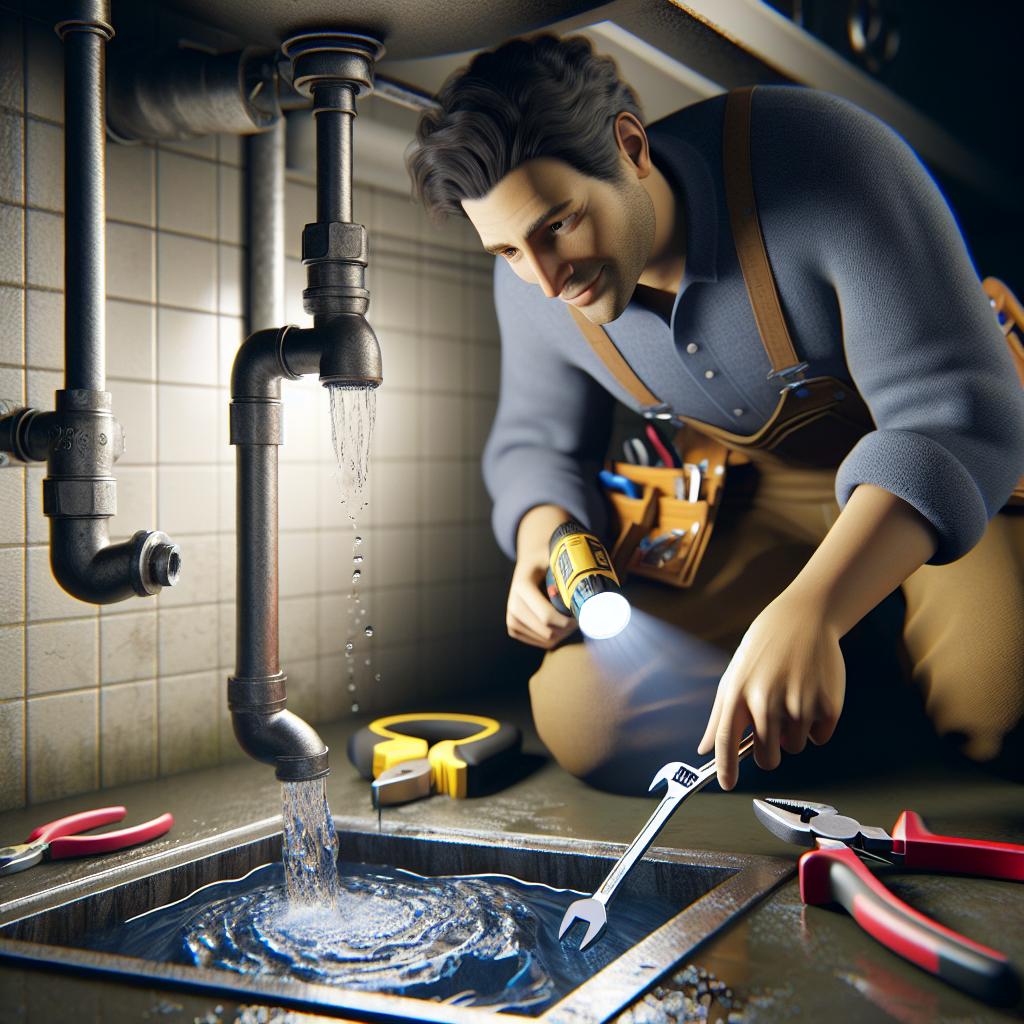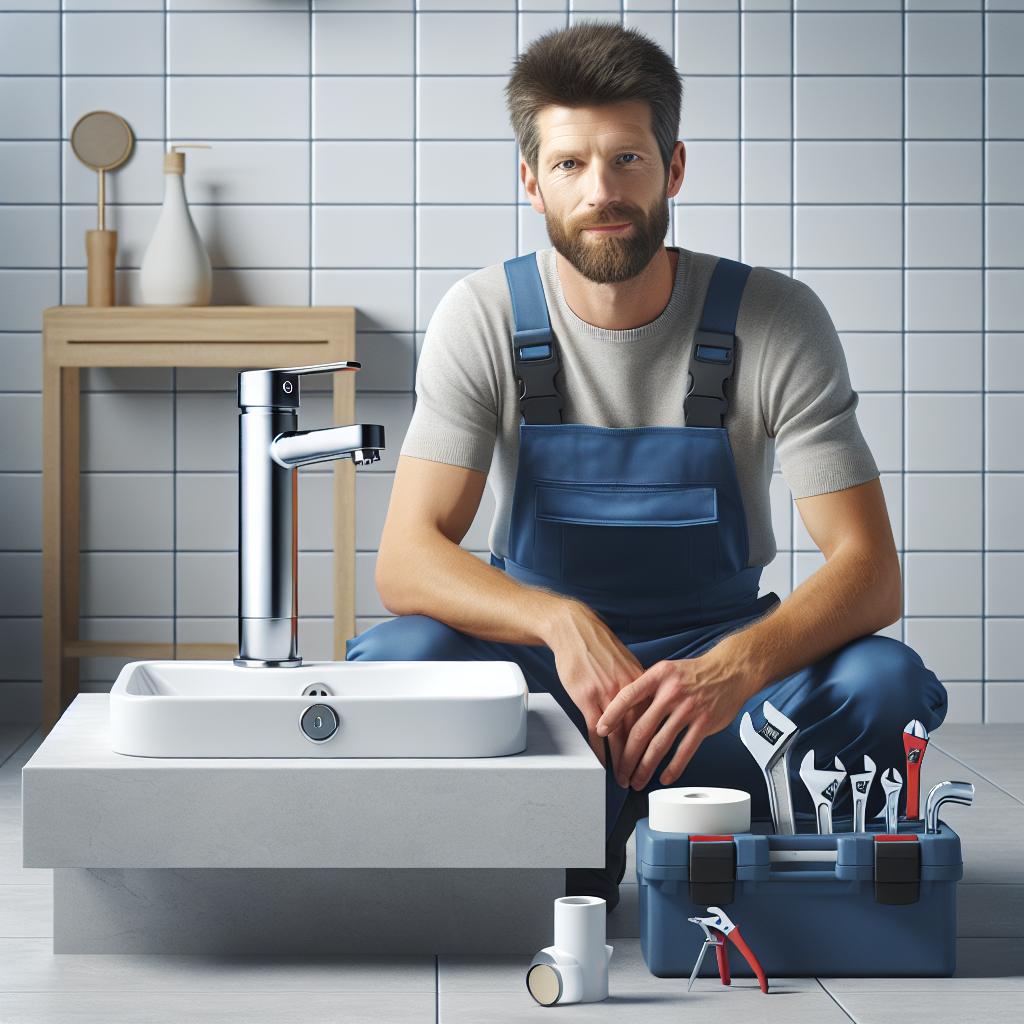The Plumbing Whisperer: 7 Subtle Signs Your Home Needs a Plumbing Overhaul
When it comes to maintaining a home, many homeowners focus on structural issues, aesthetics, and appliances. While these elements are certainly important, the significance of a home’s plumbing system often goes unnoticed until problems become severe. An efficient plumbing system is vital for comfort, hygiene, and overall functioning. However, _small symptoms can indicate larger plumbing issues_ that might require a full overhaul. In this article, we will explore seven subtle signs that your home may need a plumbing overhaul, so you can act promptly and avoid larger complications down the road.
1. Persistent Dripping Faucets
Dripping faucets are easy to ignore, but they can be a warning sign of underlying plumbing issues. The sound of dripping water might seem innocuous, but it can lead to larger leaks and higher water bills. A typical faucet drip can waste _several gallons of water per day_, adding up significantly over time.
Potential Causes
The source of a dripping faucet can range from simple causes, such as a worn-out washer, to more complex issues related to the entire plumbing system. If the dripping persists even after replacing parts, it may indicate:
- Pressure issues within the pipes
- Corrosion of plumbing fixtures
- Problems with your main water line
Action Steps
If you’re unable to resolve the issue by replacing parts, it may be wise to consult a plumbing professional. They can assess the situation and determine if a more systemic issue is contributing to the _drip, drip, drip_ sound that keeps you awake at night.
2. Unexplained Water Bills
Have you noticed an increase in your water bill without any changes in your usage habits? Unexplained spikes in your water bill can often signify _hidden leaks_ somewhere in your plumbing system. A sudden increase could be due to:
- Leaking toilets
- Pipes that have cracked or deteriorated
- Faulty irrigation systems
Why It Matters
Not only does excessive water usage cost you money, but _hidden leaks_ can also contribute to mold growth and structural damage. If left unaddressed, these problems could lead to a much larger plumbing overhaul.
What to Do
Monitor your water usage regularly and look for patterns. Use your meter to check for discrepancies and consider contacting a plumber for a leak detection service if you see unexplained increases. A simple inspection could save you significant expenses in the long run.
3. Low Water Pressure
Experiencing low water pressure can be incredibly frustrating when you’re trying to take a shower or wash dishes. There are various reasons you may experience this, including:
- Blockages in the pipes
- Corrosion
- Faulty fixtures
Why It May Signal a Bigger Issue
If low pressure occurs in multiple fixtures or throughout the home, it could indicate a _major issue_ with your plumbing system, such as deteriorating pipes or hidden leaks.
Recommendations
Check for any localized issues, and see if the problem is isolated to specific fixtures. If low pressure persists across the home, consult a plumber to inspect the system for potential leaks or build-ups that may require an overhaul.
4. Water Discoloration
Water that appears rusty, brown, or cloudy can signal problems within your plumbing. Various factors could cause this discoloration, including:
- Corroding pipes
- Rusty fixtures
- Contaminants in the water supply
The Risks Involved
If you notice a _change in your water quality_, it could pose health risks for you and your family. Water that looks or smells unappealing may not only be unpleasant but also unsafe.
Your Next Steps
Immediately stop using discolored water and contact a plumbing professional. They can conduct a thorough examination of your pipes and fixtures to determine the source of the problem and whether a plumbing overhaul is necessary.
5. Frequent Clogs and Backups
Do you find yourself dealing with clogged sinks, toilets, or showers more often than you’d like? Frequent clogs can be annoying, but they can also indicate _serious plumbing deficiencies_. Possible causes of recurring clogs include:
- Tree roots invading sewer lines
- Broken or misaligned pipes
- Accumulation of grease or debris over time
Why It’s a Bigger Concern
Repeated clogs may suggest underlying issues in your plumbing, leading to more significant problems. _Neglecting these signs_ could result in serious backups that compromise the integrity of your plumbing system.
What You Should Do
Take note of how often clogs occur and in which locations. If you’re consistently dealing with blocked drains, it’s time to consult a plumbing professional to explore the cause and determine if an overhaul is necessary.
6. Bad Odors
Unpleasant odors throughout your home could point to plumbing problems. Foul smells might arise from:
- Dry traps in your sinks and showers
- Faulty or broken sewer lines
- Decomposing material in drainage
The Implications of the Smell
Long-lasting foul odors can not only make your living environment uncomfortable but also indicate _serious plumbing issues_ that, if ignored, can worsen over time and potentially require major repairs.
Next Steps
If bad smells persist, inspect your plumbing traps to ensure they’re filled with water. If the problem continues, contact a plumbing expert to analyze the root cause and recommend solutions.
7. Age of Your Plumbing System
Finally, it’s essential to consider the age of your plumbing system. How old are your pipes? Most traditional plumbing systems last between _50 to 70 years_. Older plumbing can become problematic over time due to factors like corrosion, wear, and outdated materials, such as lead or polybutylene pipes.
Signs of Aging Issues
If your home has plumbing that has seen better days, you might experience:
- Frequent leaks
- Discolored water
- Persistent clogs
Action Plan
Schedule a thorough plumbing inspection with a qualified professional. They can assess the condition of your pipes and determine whether a complete overhaul is necessary to ensure the safety and efficiency of your plumbing system.
Conclusion
Your plumbing system is one of the most vital components of your home, and it deserves every bit of attention you can give it. Addressing subtle signs early can save you from _costly repairs and maintenance_ down the line. If you encounter any of the signs mentioned above, consider consulting a plumbing professional before your minor issues escalate into a full-fledged crisis. Your home’s plumbing will thank you for it!




